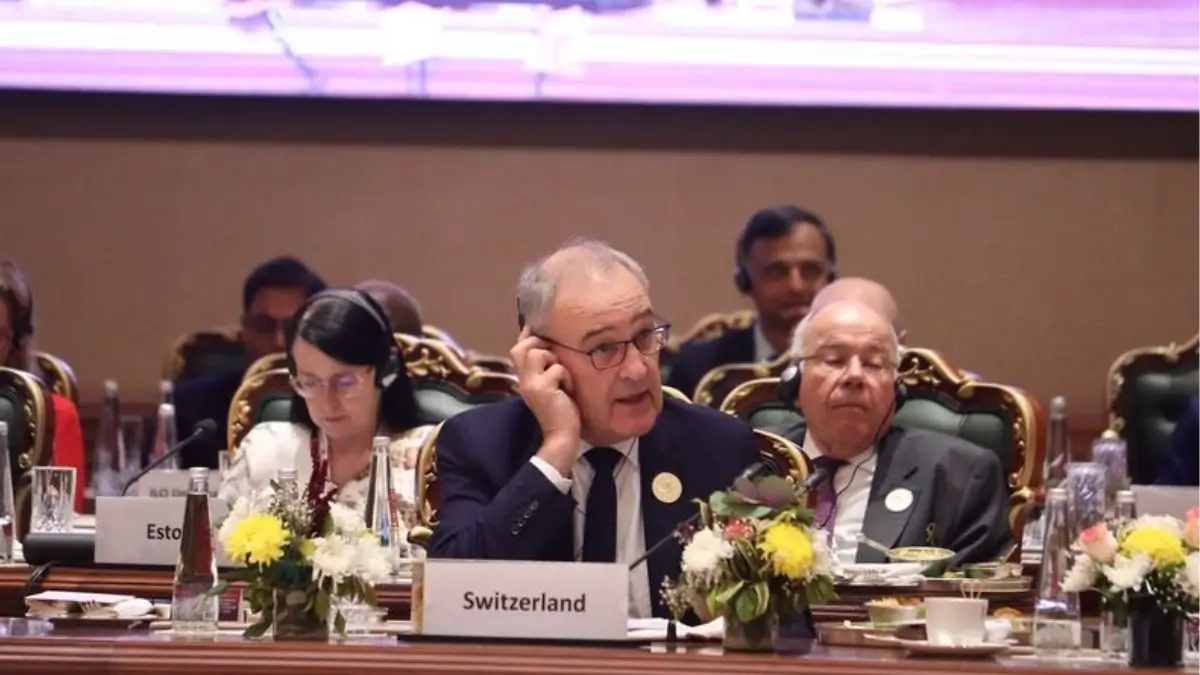IEA Forecasts 75% Oil and Gas Cut by 2050 to Meet 1.5°C Target
The International Energy Agency (IEA) has projected a significant reduction in oil and gas usage to achieve the ambitious 1.5°C global warming target by 2050. This forecast, outlined in its latest report, emphasizes the critical need for a drastic transformation in the energy sector worldwide. The IEA’s projection indicates a 75% decrease in oil and gas demand from current levels to limit global warming to 1.5°C above pre-industrial levels, as stipulated in the Paris Agreement.

Importance of this News
Impact on Climate Policy and Environment: The IEA’s forecast underscores the pressing need for countries to realign their energy policies and investments to mitigate climate change. Achieving the 1.5°C target necessitates immediate and concerted efforts to reduce reliance on fossil fuels, minimizing their detrimental environmental impact.
Economic and Market Implications: Such a drastic reduction in oil and gas demand will inevitably reshape global energy markets. This forecast will influence investment patterns, economic strategies, and the development of alternative energy sources, impacting various sectors reliant on fossil fuels.
Historical Context
The report by the IEA builds upon the global commitment established in the Paris Agreement of 2015. The agreement aimed to limit global warming to well below 2°C, preferably aiming for 1.5°C, compared to pre-industrial levels. This marked a significant milestone as nations pledged to reduce their greenhouse gas emissions and transition towards sustainable energy sources.
Key Takeaways from “IEA Forecasts 75% Oil and Gas Cut by 2050”
| Serial Number | Key Takeaway |
|---|---|
| 1. | IEA projects a 75% decrease in oil and gas demand by 2050 to achieve the 1.5°C global warming target. |
| 2. | Urgent need for countries to align energy policies with sustainable practices to combat climate change. |
| 3. | Implications for global energy markets and economic strategies due to a shift away from fossil fuels. |
| 4. | Reinforces the importance of investing in renewable energy sources for a sustainable future. |
| 5. | The forecast emphasizes the critical role of international cooperation in achieving climate goals. |
Important FAQs for Students from this News
Q: Why is the reduction of oil and gas demand crucial for achieving the 1.5°C target?
A: Reducing oil and gas demand is vital as these fossil fuels contribute significantly to greenhouse gas emissions. Achieving the 1.5°C target requires a drastic cut in emissions to mitigate climate change.
Q: How might the forecasted decrease in oil and gas demand impact the global economy?
A: The reduction could reshape global energy markets, affecting industries reliant on fossil fuels, potentially leading to shifts in investment patterns and economic strategies.
Q: What role does international cooperation play in meeting the 1.5°C target?
A: International cooperation is crucial as addressing climate change requires collaborative efforts among nations to transition towards sustainable energy sources and reduce emissions collectively.
Q: What are some potential challenges in achieving the projected 75% cut in oil and gas demand by 2050?
A: Challenges might include technological barriers, economic transitions, geopolitical factors, and resistance from industries heavily invested in fossil fuels.
Q: How does the IEA forecast align with the goals set in the Paris Agreement?
A: The forecast aligns with the ambitious target of limiting global warming to 1.5°C, as outlined in the Paris Agreement, emphasizing the need for immediate action to achieve this goal.
Some Important Current Affairs Links

















